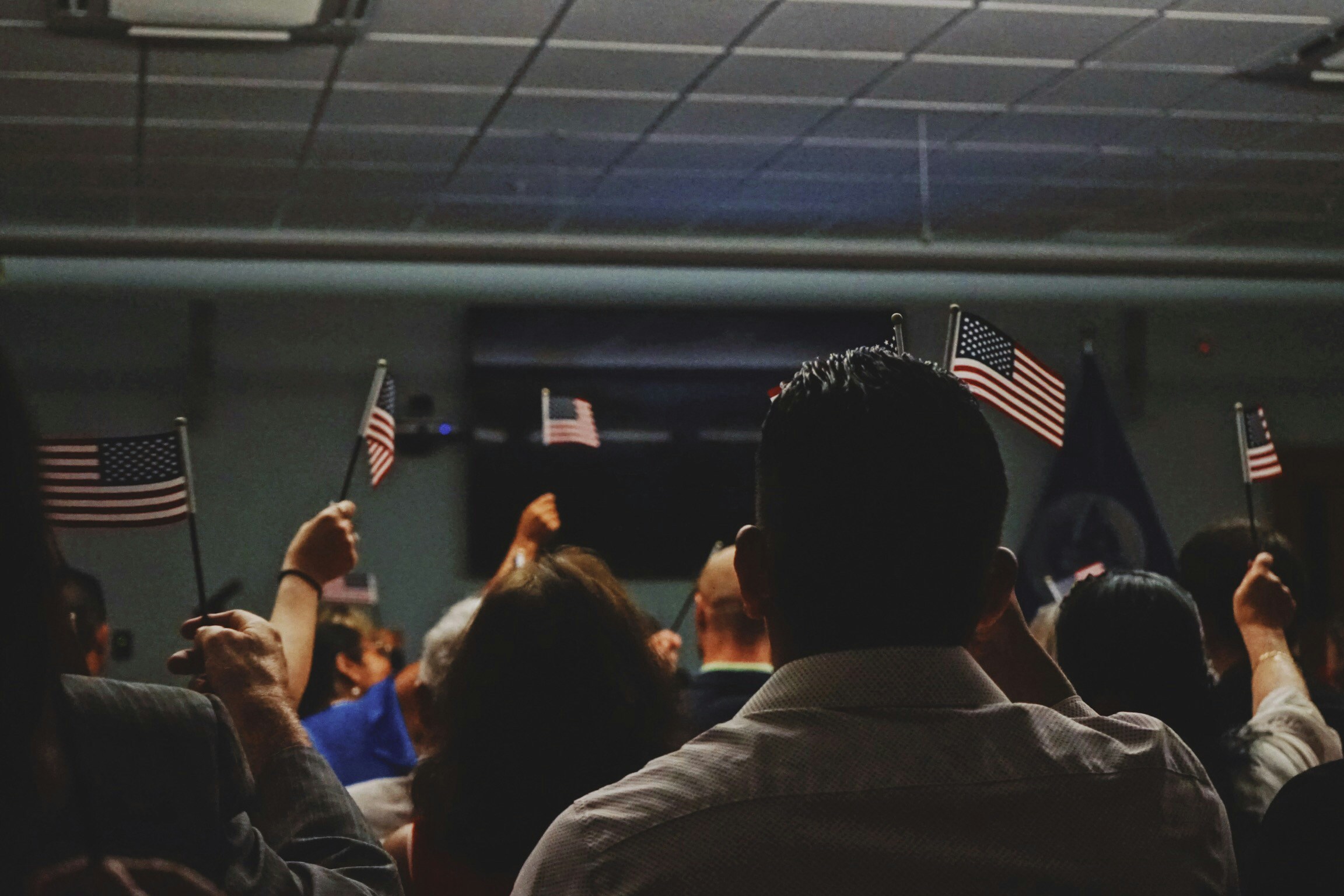Does the new public charge rule affect I-751's Petitions to Remove Conditions on Lawful Permanent Residence and/or Naturalization, N-400s? Hi, I'm Jim Hacking, Immigration Lawyer, practicing law throughout the United States at our office here in St. Louis, Missouri. We have some people who are already conditional, lawful permanent residents or conditional residents who want to apply for citizenship, and they're wondering, "Does the new public charge rule affect my application for an I-751 or for an N-400?"
Now, the public charge rule, which has been greatly expanded under the Trump administration, applies like we've talked about in prior videos, to people who are applying for adjustment of status, and it goes to their admissibility whether they are admissible or inadmissible. And so the government's trying to greatly expand who is inadmissible so that they can stop legal immigration, stop family-based immigration, and prevent people from getting lawful permanent resident status.
But for people who already have the conditional green card, and for people who already have applications on file, and for people who are applying for naturalization, this new public charge rule does not apply. The public charge rule goes to admissibility. If people already have a conditional green card, then they are already admitted, and so the issue of inadmissibility doesn't come up.
That's also true for people who are applying for citizenship. So the I-944, Declaration of Self Sufficiency, that is not something that is going to need to be completed for people that are applying for removal of conditions through the I-751 or for naturalization through the filing of the N-400. So, there may be ways that public benefits or the receipt of public benefits does affect citizenship in the future, but as of now, this rule applies to people seeking adjustment of status.
So, if you're applying for an I-751 or if you're applying for an N-400, the new public charge rule does not apply to you. We hope you found this video helpful. If you do, give us a call, (314) 961-8200. You can email us at [email protected]. Be sure to join us in our Facebook group, which is called Immigrant Home. And if you like this video, be sure to subscribe to our YouTube channel so that you can get alerted whenever we make videos just like this one. And follow me on Facebook and LinkedIn so that we can give you this great information whenever it comes up. Thanks a lot. Have a great day.








